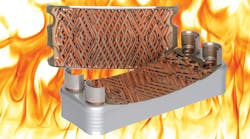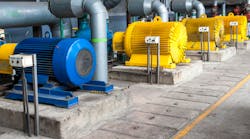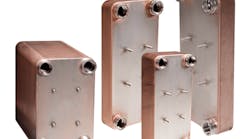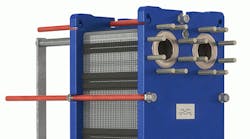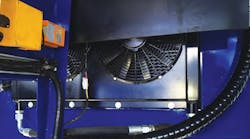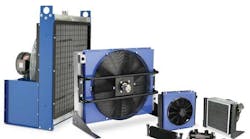Given the many risks of excess heat in a hydraulic system—such as fluid decomposition, increased wear on system components, damage to seals and bearings, etc.—the need for an effective heat exchanger is often an essential consideration. Smaller hydraulic systems with low operating temperatures may be able to rely on natural convection, but when that doesn’t provide sufficient cooling, a heat exchanger must be installed. You can also assume a heat exchanger is needed when a specific oil temperature is required to stabilize hydraulic fluid viscosity, or when equipment has a history of hot oil problems, such as shortened seal life or frequent oil breakdown.
Whether you work with mobile or industrial hydraulic systems, hot fluid is a concern. A properly sized heat exchanger in any equipment can save time, money, and repair headaches.


